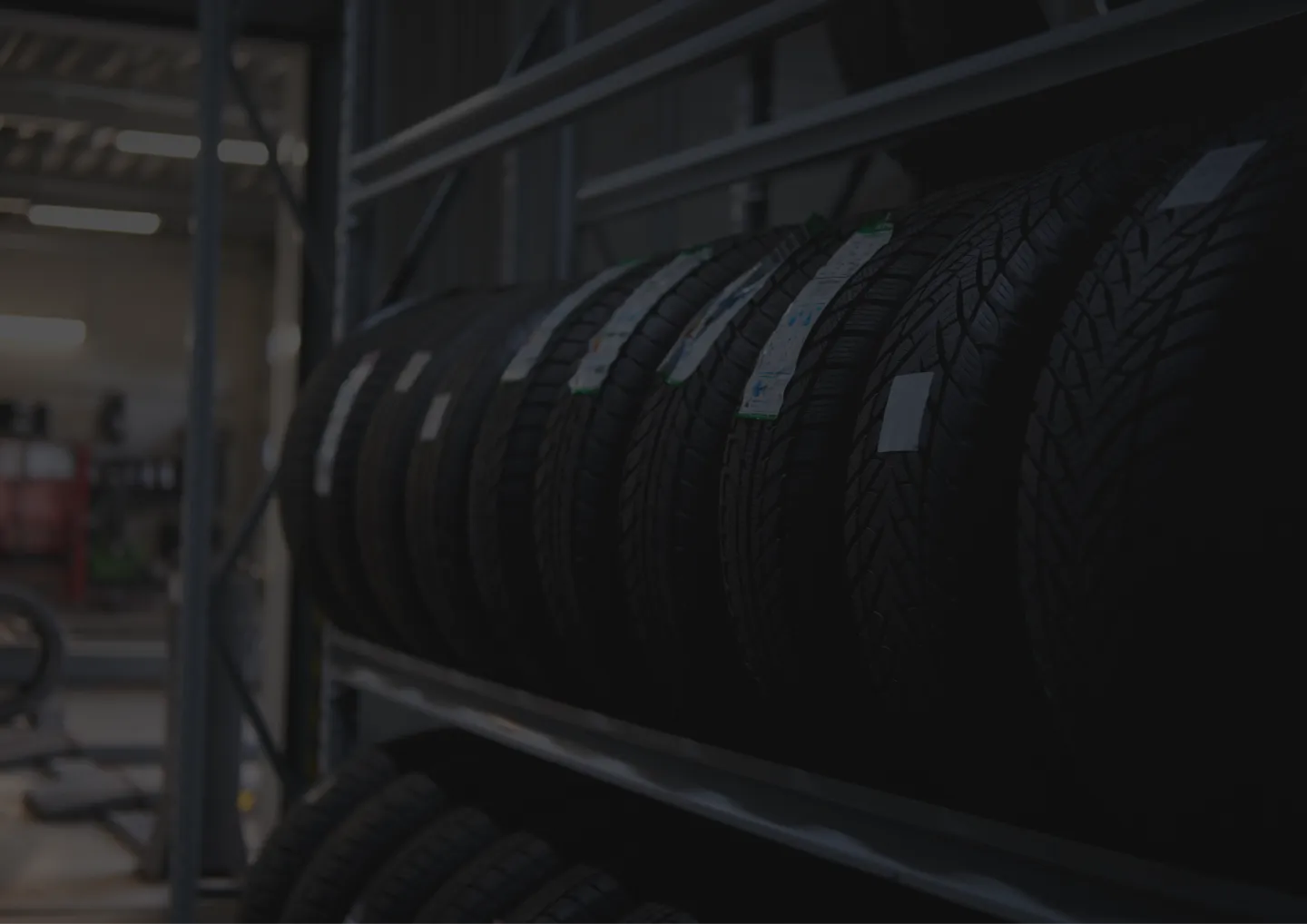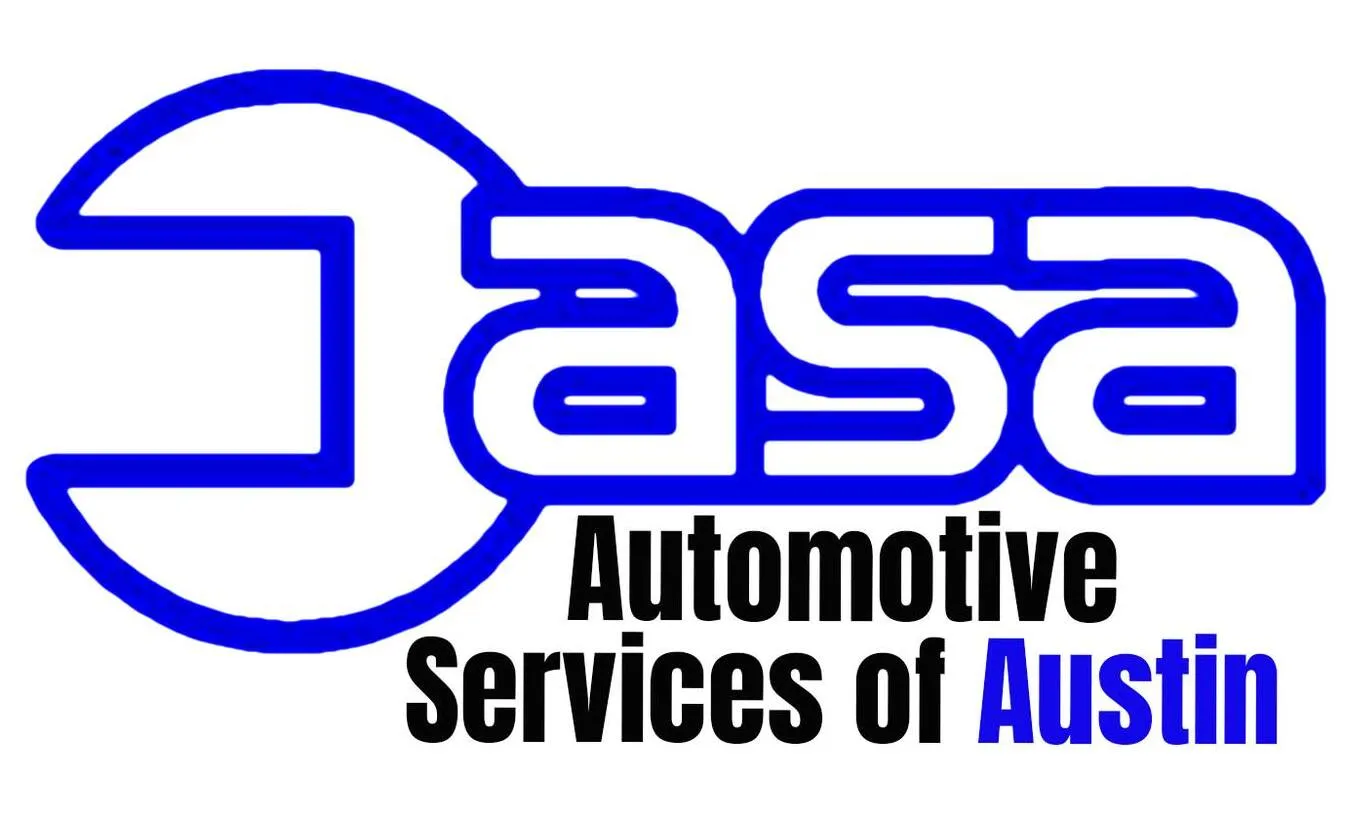Shop for Tires Online & Get Them Installed Anywhere in Austin
Find the right tires from brands you trust using our online tool. We make it easy with our mobile tire installation service, bringing the tire shop directly to your home or workplace.

Featured Tire Brands



















Tires for every need
Find the Perfect Tires for Your Vehicle
Browse our extensive selection of top tire brands online. Need help choosing? Our experts are here to match you with the right tires for your car and budget. Ask about our mobile tire delivery service!

Local Auto Repair Services
Two Decades of Building Trust in Austin
Our commitment to honest work and transparent pricing has made us a cornerstone of the Austin community. We treat your vehicle like our own, ensuring your safety and satisfaction.
Expert Certified Technicians
Our team possesses the skill and experience to diagnose and repair any issue accurately, getting you back on the road safely.
Peace of Mind Warranties
We confidently stand by our workmanship with robust warranty deals, giving you lasting confidence in our repairs and services.
Bilingual Support (Se Habla Español)
To best serve our diverse Austin community, we are proud to offer fluent, professional support for our Spanish-speaking clients.
Areas We Serve
Serving Customers Across
These Locations
Round Rock, TX
Austin, TX

Have Questions? Contact Our Team!
Whether you need a quote for collision repair or want to schedule roadside tire assistance near you, our friendly, bilingual team is ready to help. Call or visit our Austin shop today!
.webp)
